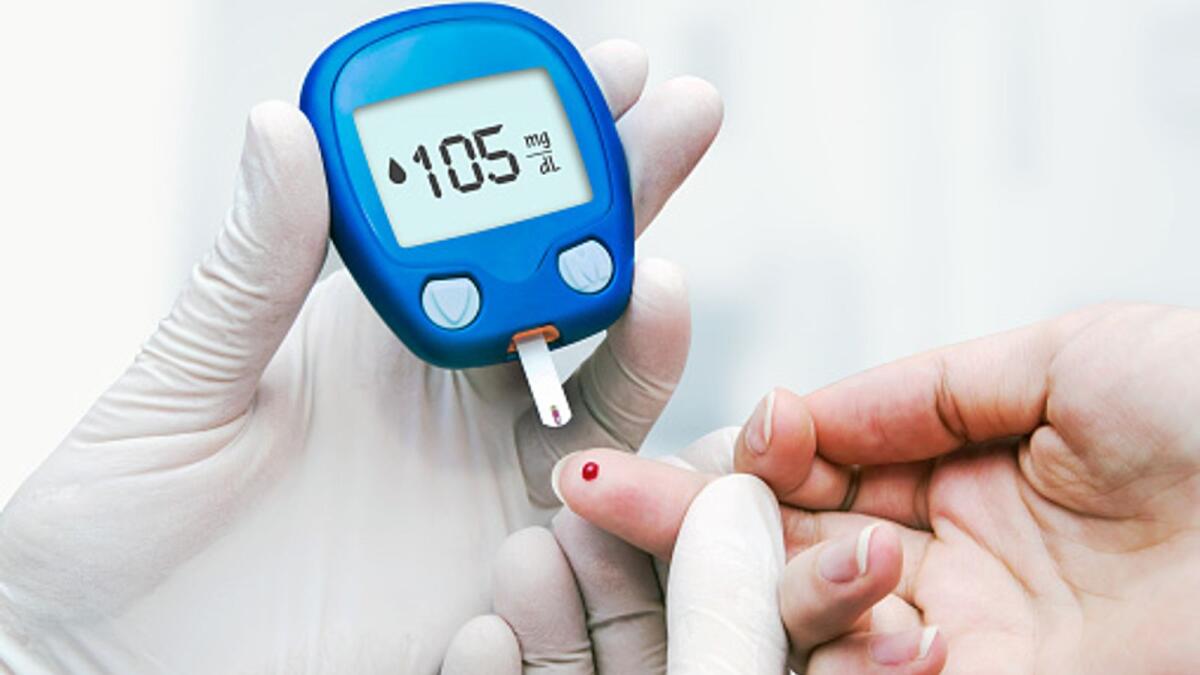The Ministry of Health and Prevention (MoHAP) in the UAE recently announced the launch of the National Health and Nutrition Survey 2024-25. This survey, conducted every five years, aims to gather data that will help in formulating policies related to health, economy, and taxation in the country. Dr. Hussain Abdul Rahman Al Rand, assistant undersecretary for the public health sector at MoHAP, mentioned that the survey will be completed in six months, with the data being analyzed and shared with the World Health Organisation and the public.
The survey will provide insights into the consumption of healthy and unhealthy food products, tobacco use, and the overall living environment of different communities. The results will be crucial for government entities to develop health and economic policies, including taxation on sugary products and other unhealthy items. It aims to cover a wide demographic, including adults, females aged 15 to 49, pregnant women, and children of varying age groups, with language support in Arabic, English, Hindi, and Urdu. Additionally, 2,000 blue-collar workers will also be included in the survey.
Following the previous survey results in 2019, taxation was imposed on electronic smoking devices, tools, and liquids used in them, to discourage the consumption of harmful products. In 2017, the UAE introduced an excise tax on carbonated drinks, energy drinks, fizzy drinks, and tobacco products. Mohamed Hassan, executive director of the statistics and data science sector at the Federal Competitiveness and Statistics Center, indicated that any potential sanctions or taxes on certain products would be based on the survey results and policy decisions.
Hassan highlighted the diversity of the population in the UAE, with 200 nationalities residing there, making it challenging to impose sanctions on specific groups. The survey results will help in raising awareness and designing campaigns based on the findings. Mohamed Hassan also pointed out the gap in health data due to varying requirements for medical tests among visa holders in the country. Dr. Alia Zaid Harbi, director of the Statistics and Research Center at MoHAP, mentioned that nutrition tests will be conducted for the first time in this survey, covering various indicators related to nutrition and health.
Khalid Al Jallaf, director of the Research, Studies, and Data Analysis Department at Dubai Health Authority, emphasized that the survey results would provide valuable insights into the food habits of different communities, chronic diseases prevalence, tobacco use patterns, and fruit consumption disparities. The collaboration of multiple health and governmental entities in conducting the survey underscores the significance of this initiative in promoting a healthy lifestyle and addressing public health challenges. The survey results are expected to guide future policies and initiatives aimed at improving the overall well-being of the population in the UAE.










